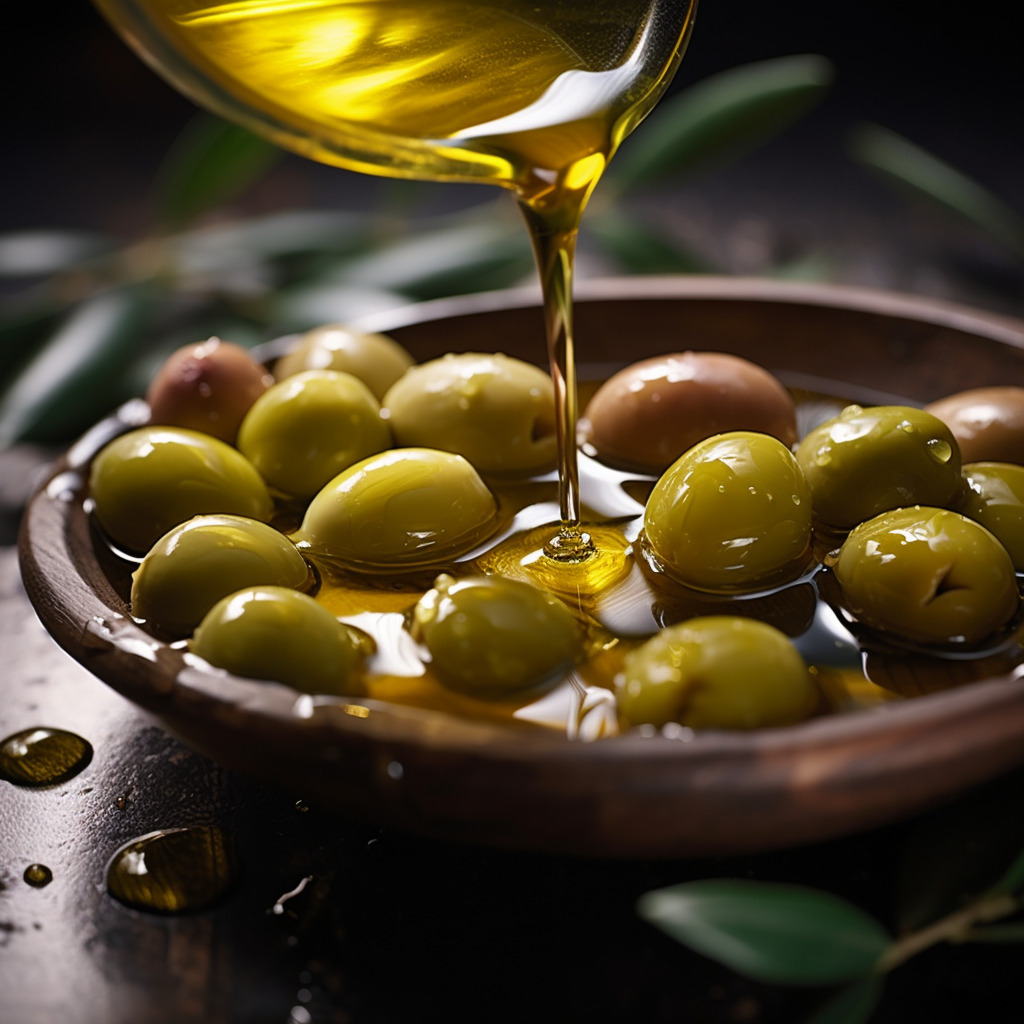Drizzled on salads, whispered into soups, massaged into meats, and delicately stirred into cakes, Greek olive oil is a rich, verdant elixir that has seduced the world. This Mediterranean cooking essential is often referred to as “liquid gold,” an apt metaphor for a culinary treasure that transcends simple utility to become the defining signature of Greek cuisine.
It’s no exaggeration to say that understanding and appreciating Greek olive oil is a culinary journey unto itself. With this ultimate guide, we invite you to savor the multitude of sensory experiences that Greek olive oil provides and explore its many layers – its history, its types, and its integral role in Mediterranean cooking.
The Rich History of Greek Olive Oil
Inextricably intertwined with the cultural fabric of Greece, olive oil production dates back to around 3500 B.C., with the ancient Greeks regarding the olive tree as sacred. With over 120 million olive trees growing across the country today, Greece is the third-largest producer of olive oil globally and the largest provider of extra virgin olive oil. The region’s unique terroir – the soil, climate, and topography – imparts an extraordinary range of flavors and aromas to the Greek olive oil varieties.
Decoding Greek Olive Oil Varieties
Deciphering the types of olive oil is akin to understanding the nuances of a fine wine. Greek olive oil is typically classified into four categories: Extra Virgin, Virgin, Pure, and Pomace.
Extra Virgin Olive Oil, or EVOO, is the star of the show. Cold-pressed from freshly picked olives, it is unrefined and maintains the highest level of purity, embodying the robust flavor and aroma of fresh olives. Virgin olive oil, slightly more acidic than EVOO, still retains a fruity, olive-forward flavor. Pure olive oil is a blend of cold-pressed and processed oils, while Pomace olive oil is made from the residual oil left in the olive pulp after the first press.
Two standout Greek olive oil varieties, Koroneiki and Kalamata, have gained international acclaim. The former, often referred to as the “king of olives,” has a robust flavor profile with hints of fresh grass, apple, and a peppery finish. On the other hand, Kalamata, hailing from the region of the same name, boasts a mild, fruity character.
Elevating Dishes with Greek Olive Oil
One of the great joys of using olive oil in cooking is its transformative ability to elevate a dish from the everyday to the sublime. A dash of Koroneiki can turn a simple salad into a riot of flavors, while a drizzle of Kalamata brings out the earthiness in grilled vegetables. Olive oil is not just for savory dishes. Greek desserts often incorporate this oil, providing a unique depth and moistness that you simply can’t achieve with other fats.
The Health Benefits of Olive Oil
Apart from its culinary versatility, the benefits of olive oil extend to the realm of health as well. Rich in monounsaturated fats and packed with antioxidants, olive oil contributes to heart health, aids in digestion, and is an integral part of the Mediterranean diet, one of the world’s healthiest diets.
The Essential Greek Cooking Companion
Greek olive oil is more than just a cooking ingredient; it’s an age-old tradition, a celebration of the senses, a connection to the land, and a testament to Greek culinary artistry. As you further explore the world of Greek cuisine, consider investing in a good book to guide you through the nuances of using this liquid gold. “Ikaria: Lessons on Food, Life, and Longevity from the Greek Island Where People Forget to Die” by Diane Kochilas offers excellent insights into Greek olive oil’s role in the Mediterranean diet and the local cuisine.
Whether you’re looking for a vibrant EVOO to elevate your salad, a subtle, fruity variety to add depth to your grilled dishes, or an insight into the world of Greek desserts, there’s a Greek olive oil waiting to transform your culinary creations. As you discover the magic of Greek olive oil, may your kitchen, too, glow with the radiance of this liquid gold.
Greek-Inspired Brunch: A Feast Fit for the Gods
Sustainable Cooking: Reducing Waste in Your Greek Kitchen
Captivating Greek Wines: Toasting to Ancient Vines
Meze Madness: The Art of Greek Appetizers
Mouthwatering Greek Desserts: Beyond Baklava
The Ultimate Guide to Greek Olive Oil: Liquid Gold in Your Kitchen
Copyright © 2023 www.gyroshousetx.com
720 W Division St, Arlington, TX 76012
(817) 460-4824





